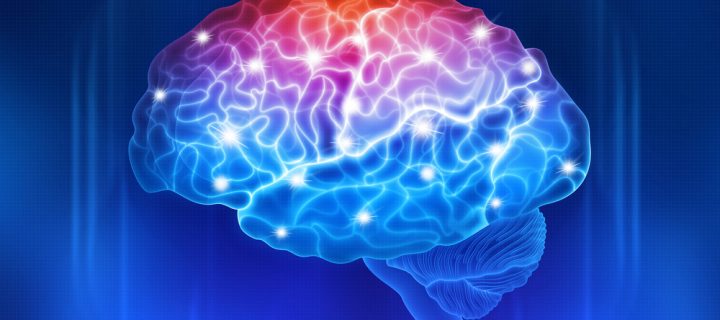If you suffer from Alzheimer’s disease, Parkinson’s or another form of dementia, donating your brain could change the course of medicine.
While death is an unattractive topic, you may think of signing up as an organ donor. Few of us consider the idea of donating our brain, though. It’s not like someone else can use it. Or, can they?
Donating your brain to science doesn’t mean that it will be placed in someone’s head, allowing you to live a second life, (although that might sound weirdly attractive).
Brain donation is about furthering science. It’s about allowing scientists, after you die, to study how your brain may have worked when you were living.
For the average person in good health who passes from old age, this isn’t so earth shattering for science. Your brain probably worked in a somewhat typical way. (Yours may make a good “control brain”, however).
But if you developed dementia or Parkinson’s disease, what researchers can learn from the changes that took place in your gray matter could have far-reaching consequences.
A recent article on here tells of researchers at Cardiff University in Wales urging people to donate their brain to research.
And the same is needed in North America. Rachel Marshall, a research assistant at the university’s Dementia Research Institute in the UK commented,
“Research using brain tissue is really, really valuable. You can look at other research models, animal models, cell models but looking at the actual physical human tissue is invaluable.”
What Really Happens
After a person dies, scientists interviewed by iflscience.com say they have about 48 hours to get a brain to their labs, before it starts losing quality as a specimen. Once it gets there, it’s bisected down the middle. Half of the brain is frozen. The other half is “fixed” and put aside for diagnostic purposes.
After 4 to 5 weeks, a scientist does a diagnostic cut up, dissecting key areas that could hold pathological changes. Technicians then embed these pieces in paraffin wax and perform tiny sections on the matter.
Sometimes, samples of tissue from other parts of the body are needed in the future for comparison, and experts always ask a family for permission before taking anything from the deceased.
How big of an impact does it have? One brain donated to science can actually be used in up to 50 research studies, so it’s significant.
Thinking about it? For more on brain donation, click here and here.
Photo credit: Yurchanka Siarhei/Shutterstock












